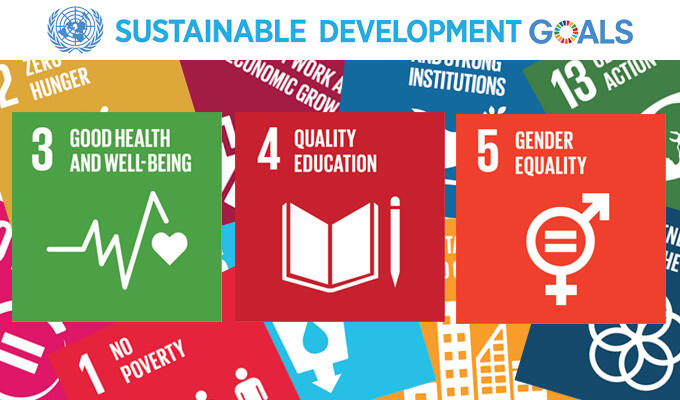From 25 to 27 September, all 193 member states of the United Nations will come together at the Sustainable Development Summit to launch the Sustainable Development Goals, a set of 17 goals aiming to transform the world over the next 15 years. These goals are designed to eliminate poverty, discrimination, abuse and preventable deaths, address environmental destruction, and usher in an era of development for all people, everywhere.
The Sustainable Development Goals are ambitious, and they will require enormous efforts across countries, continents, industries and disciplines – but they are achievable.
UNFPA is working with governments, partners and other UN agencies to directly tackle many of these goals – in particular Goals 3 on health, 4 on education and 5 on gender equality – and contributes in a variety of ways to achieving many of the rest.
Click on the icons below to see how UNFPA’s work will help advance this bold vision for a better, healthier, more equitable and more sustainable future.
To see a full list of the Goals, visit United Nations 2015: Time for Global Action.
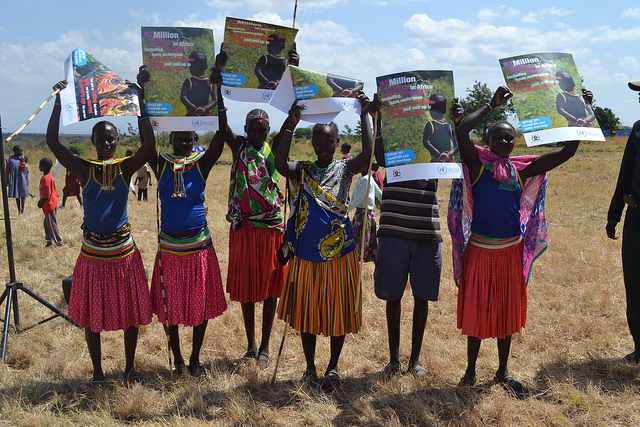
|
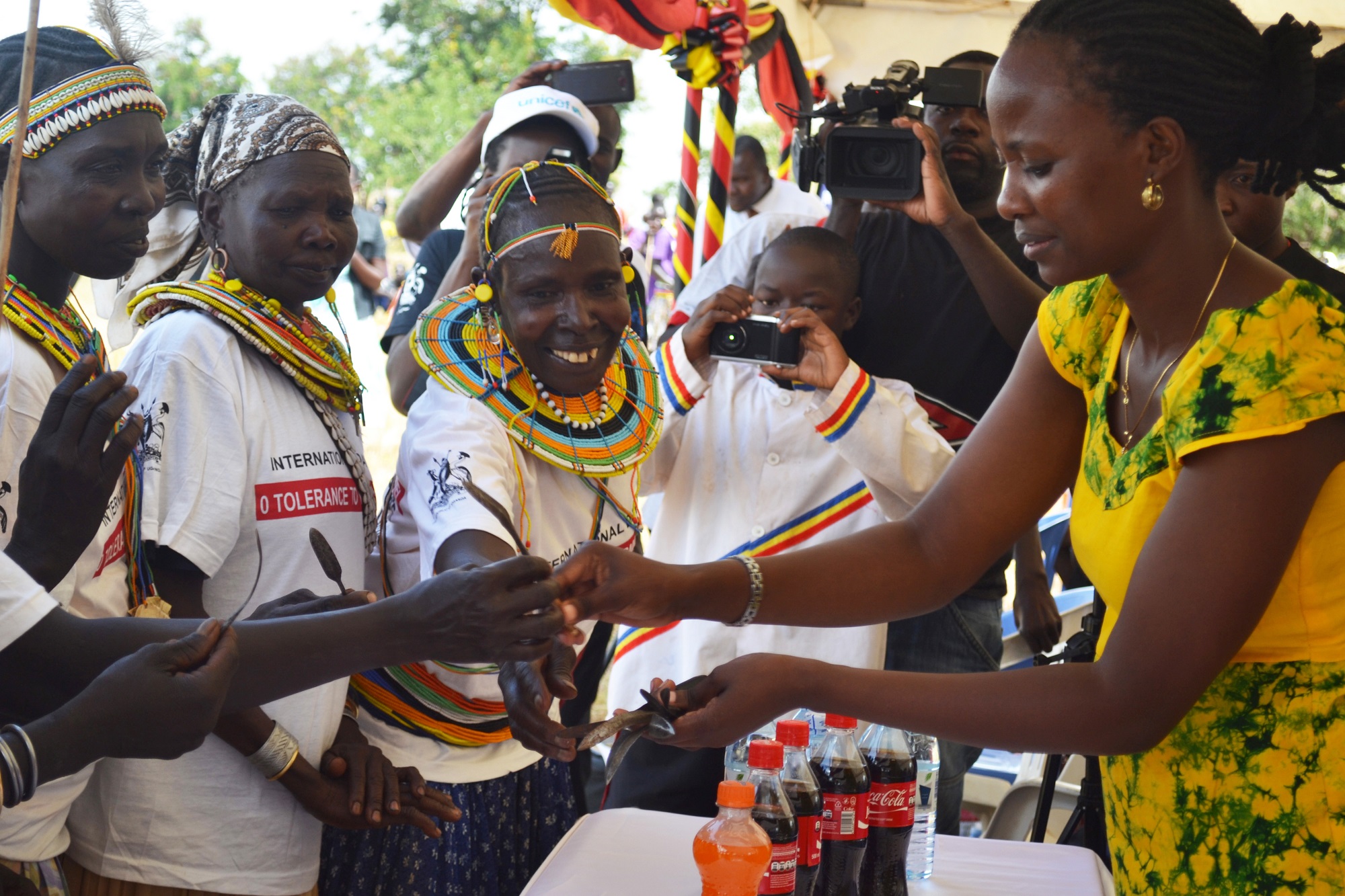
|
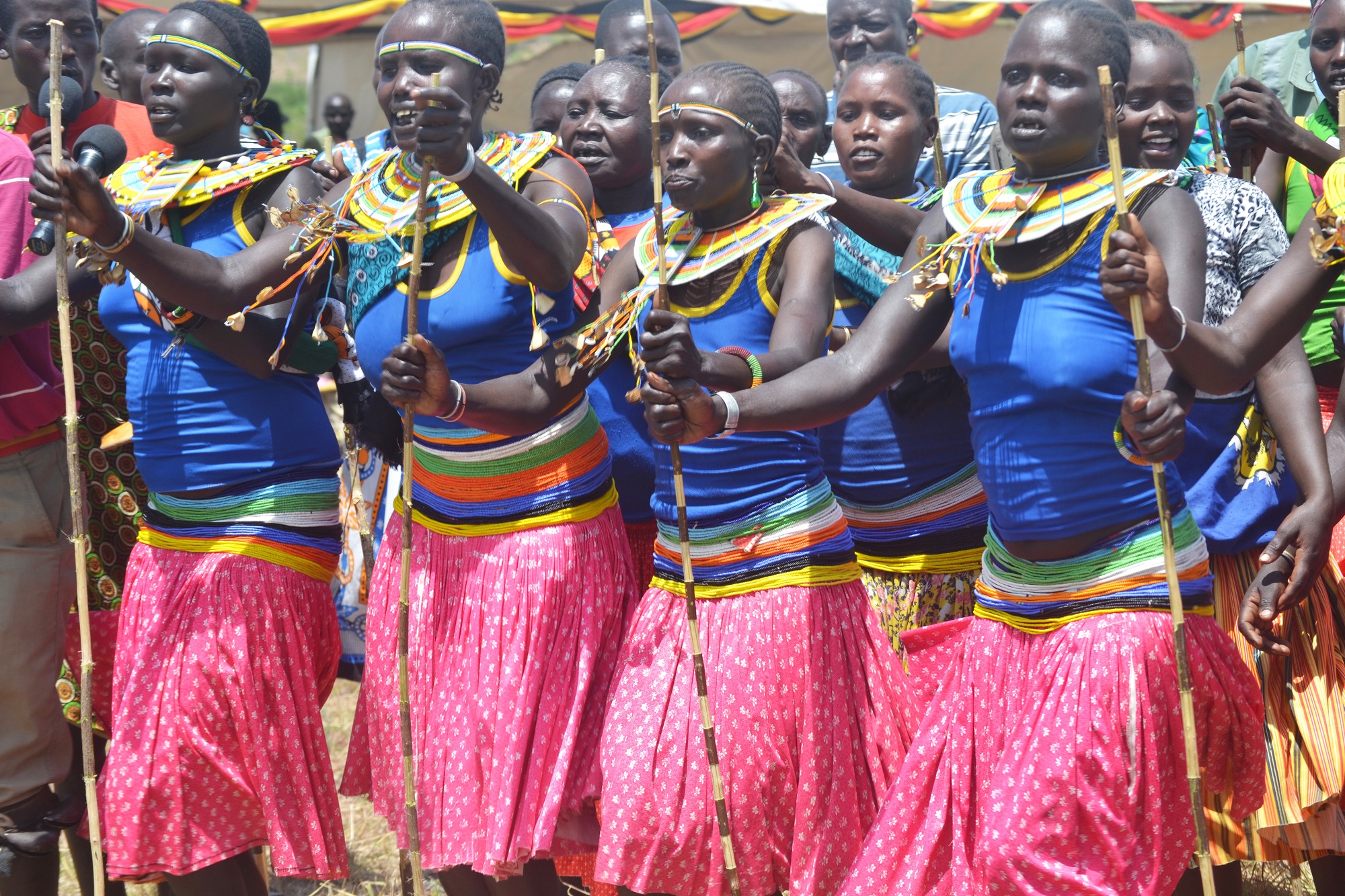
|
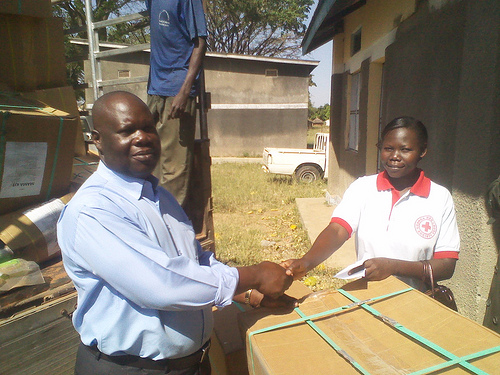
|
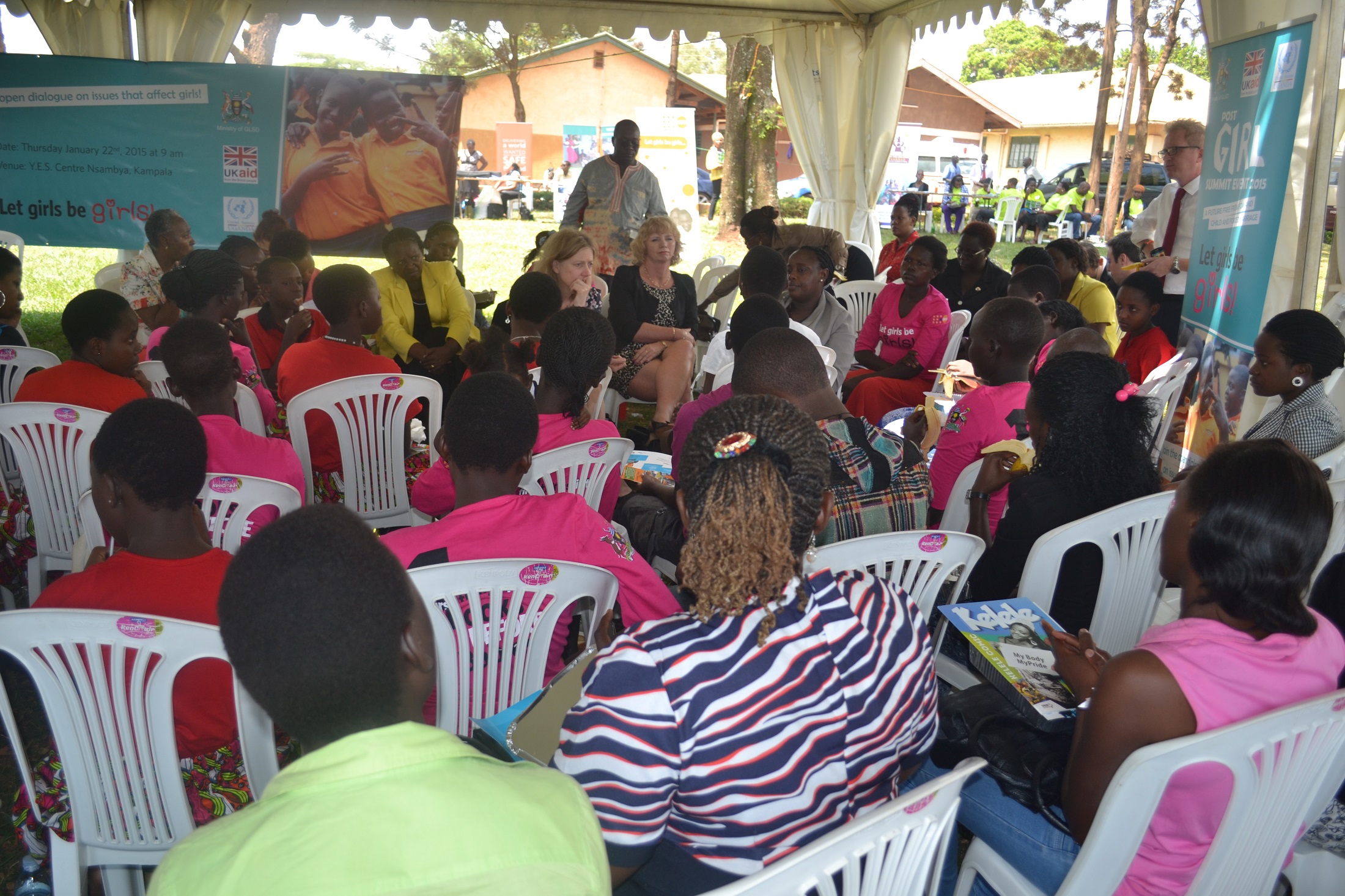
|
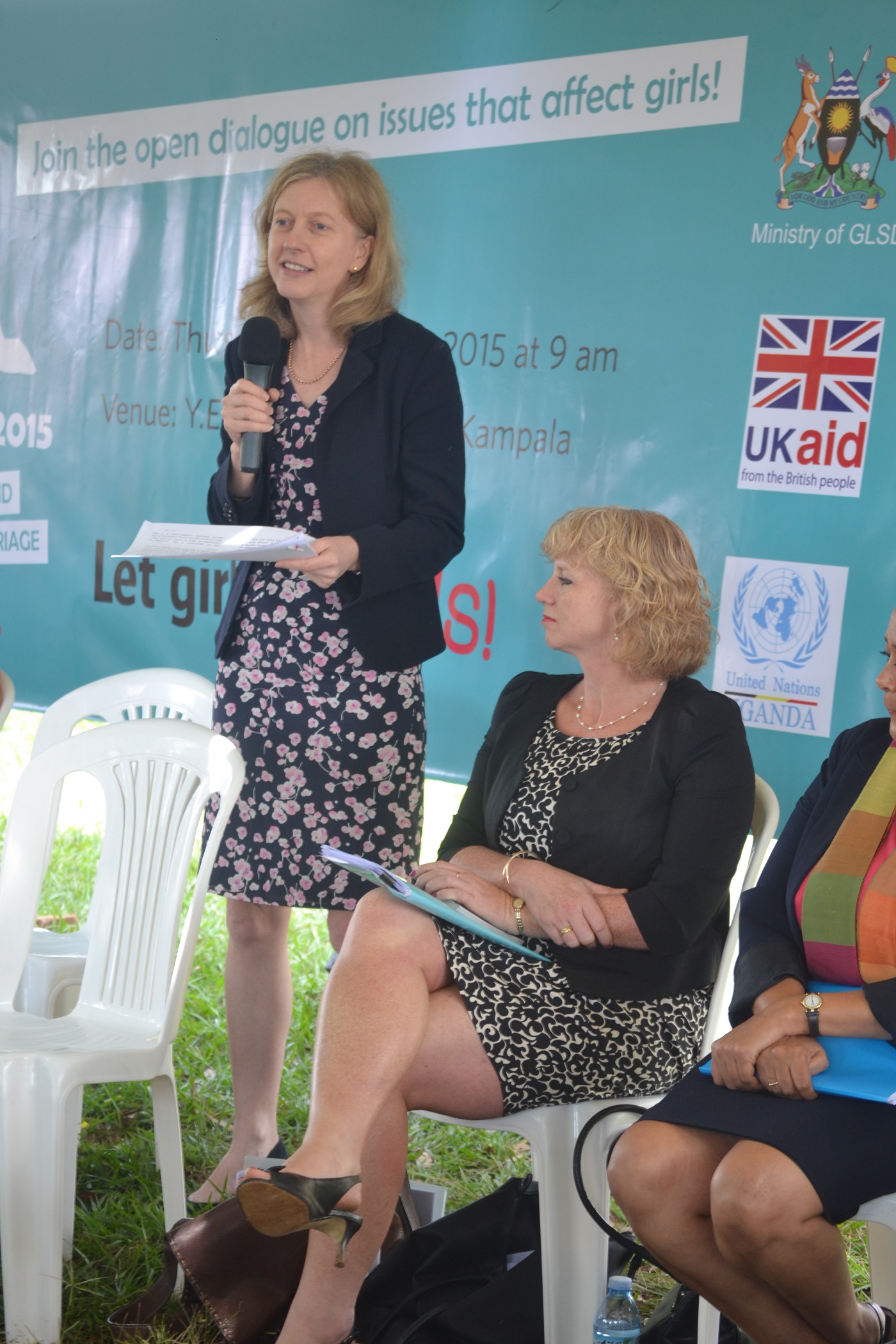
|
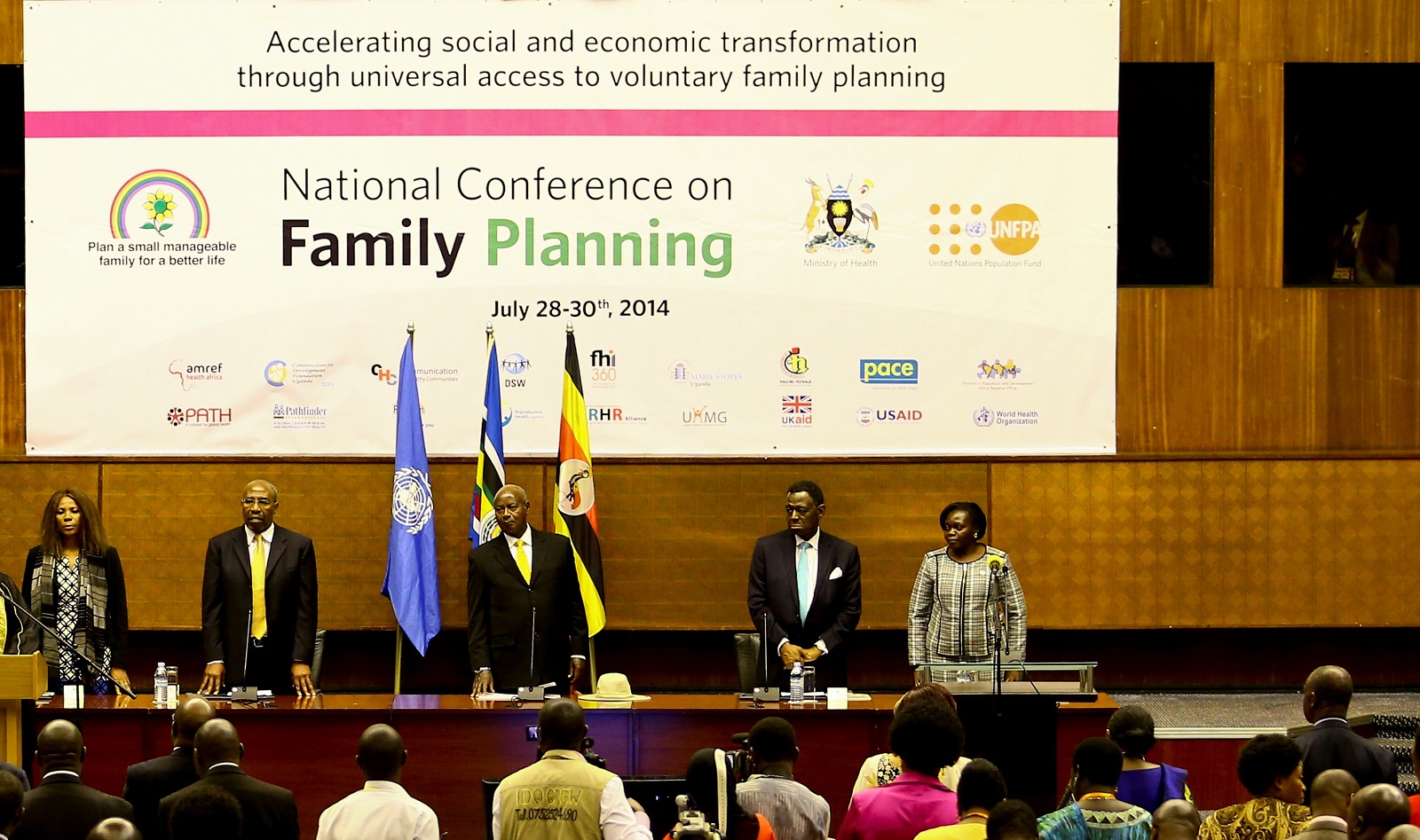
|
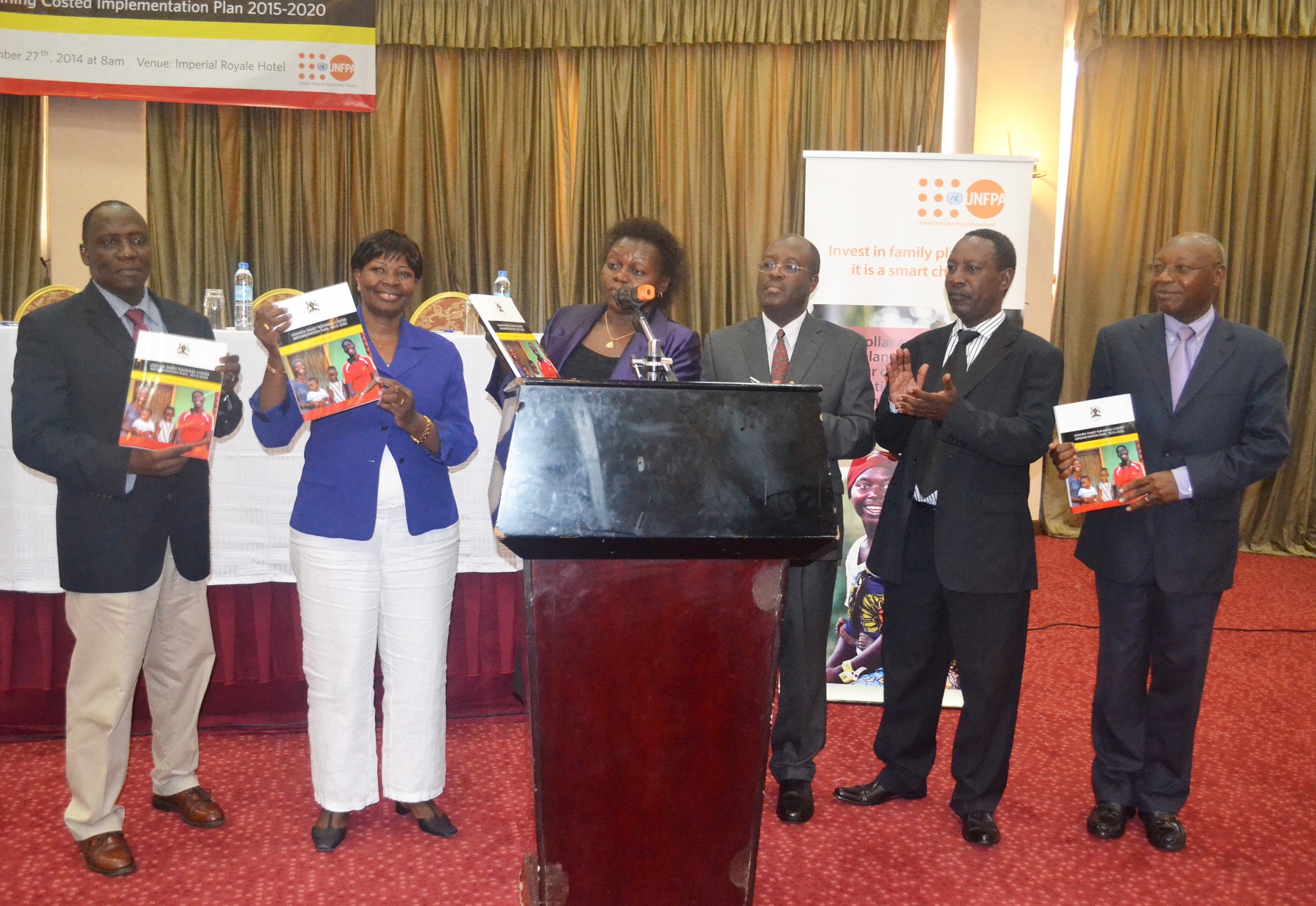
|
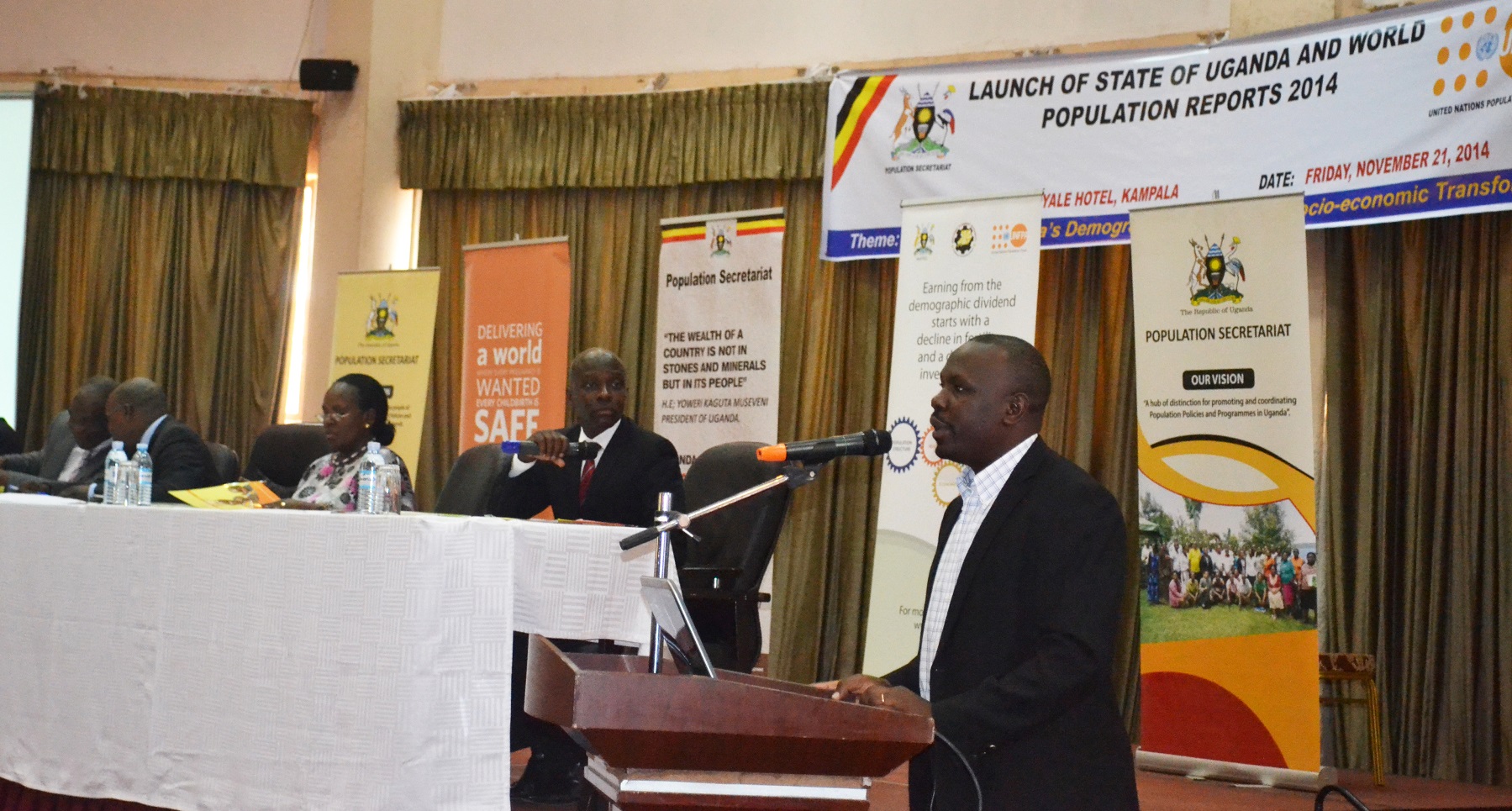
|
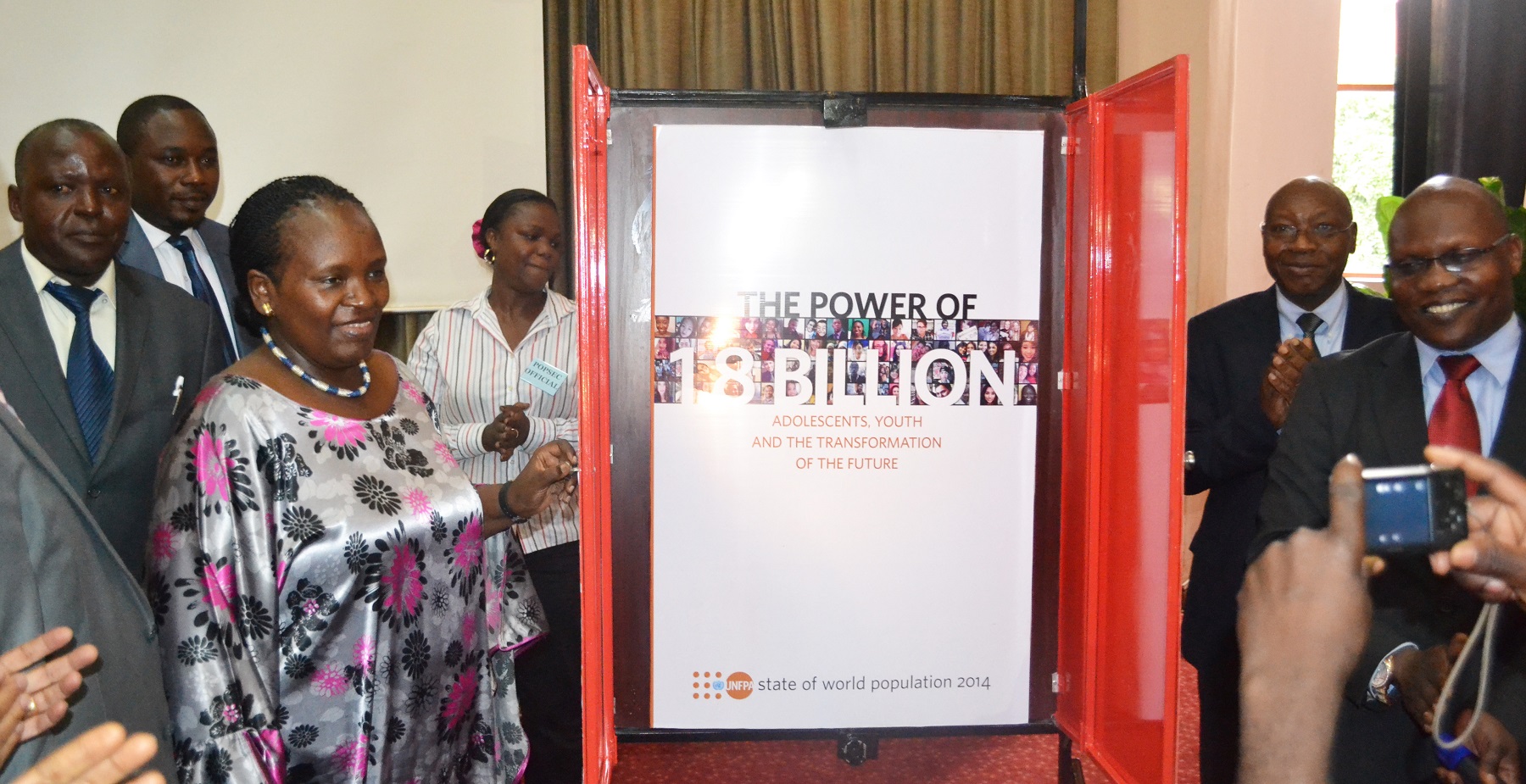
|
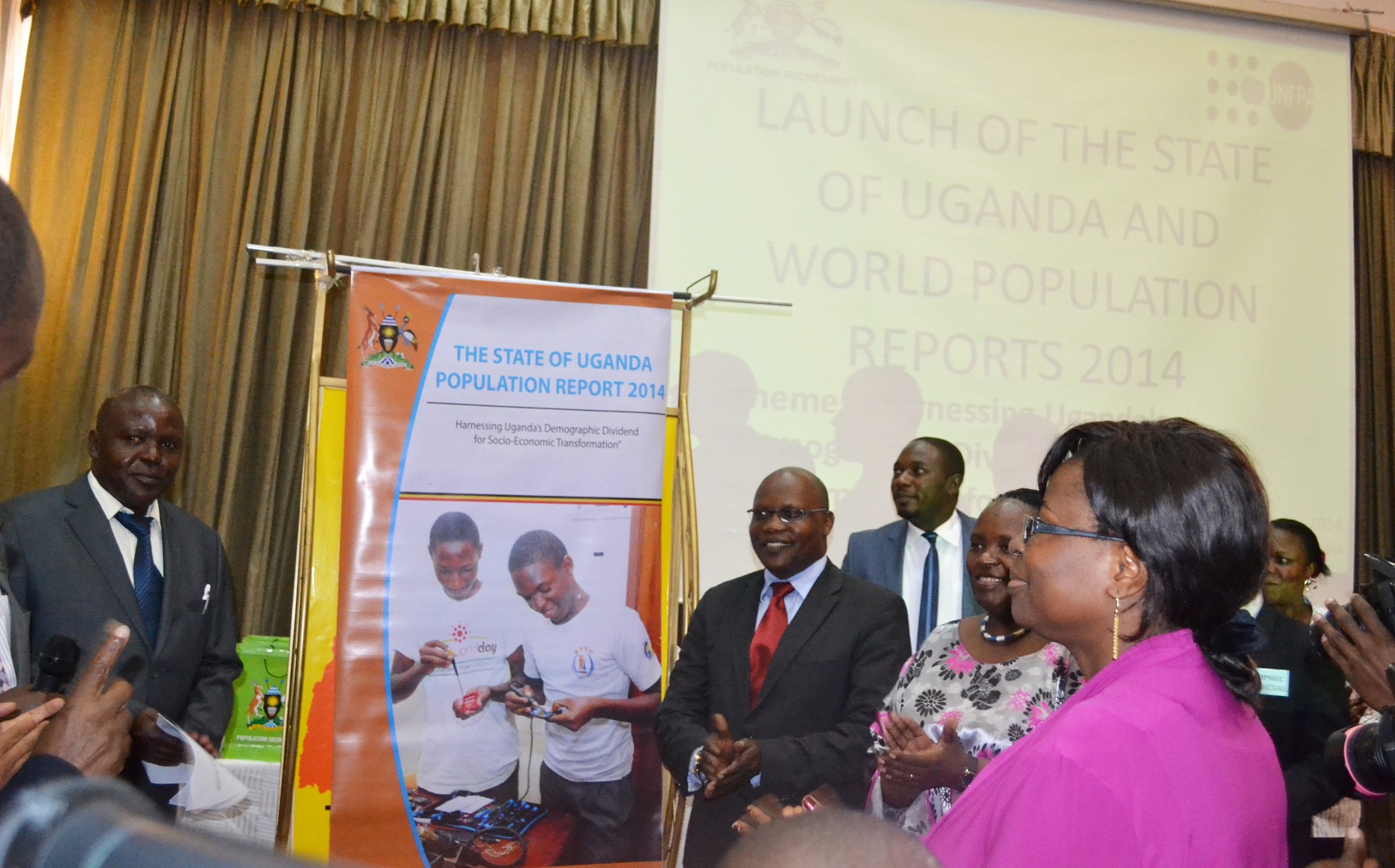
|
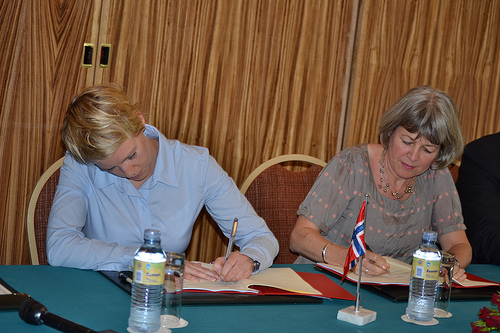
|
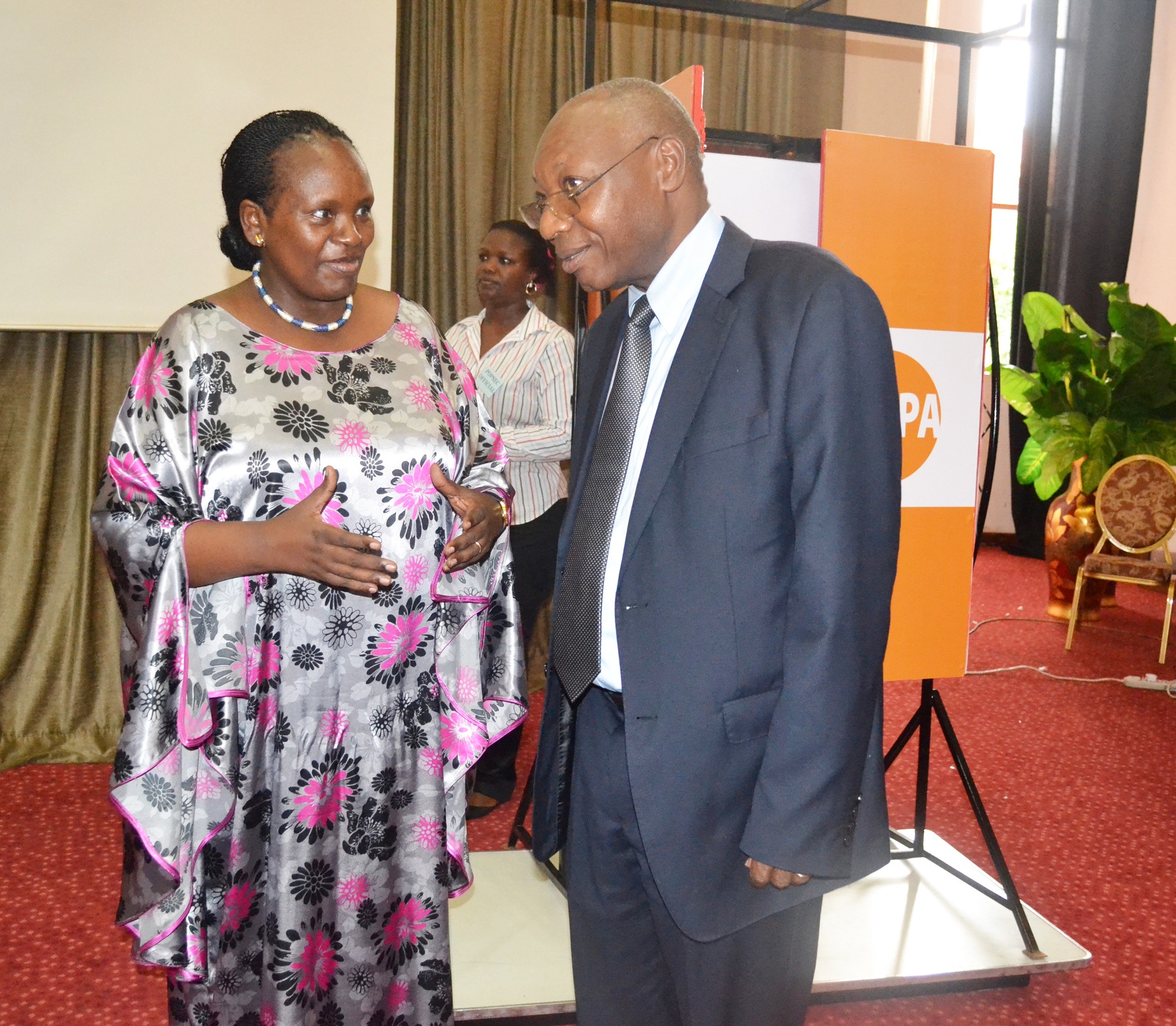
© Nicolas Axelrod/Ruom for UNFPA
Goal 1. End poverty in all its forms everywhere
One in five people in developing countries live on less than $1.25 a day. Millions of others live on only slightly more, and are at risk of slipping back into extreme poverty. Poor health and lack of access to education both result from poverty and help perpetuate it. Conflicts and disasters also contribute to these dire circumstances, undermining social and economic stability.
UNFPA works with governments, other UN agencies and partners to improve access to sexual and reproductive health care in developing countries, where reproductive health problems are a leading cause of ill health and death for women and girls of childbearing age. Reproductive health care – which includes maternal health services and family planning – enables women to protect their health and choose the number, timing and spacing of their children. This empowers them to study, work, and raise their families out of poverty.
UNFPA also works to eliminate harmful practices like child marriage, which keep girls from school, and advocates for young people’s access to health care, skills development and jobs. Healthy, educated, employed and empowered young people improve not only their own prospects but the prospects of their community as well. Nations may realize a ‘demographic dividend’ – a boost in economic productivity – when there are growing numbers of people in the workforce relative to the number of dependents.
UNFPA also responds to the reproductive health needs of people caught in emergencies. Together, these measures help some of the world's most vulnerable people realize their rights, maintain their health, seek opportunities and reach their full potential.
See more: Obstetric fistula: The road to recovery – and respect, In one girl's stand against child marriage, a path forward for development, Investing in youth pays dividends, evidence from Sri Lanka shows
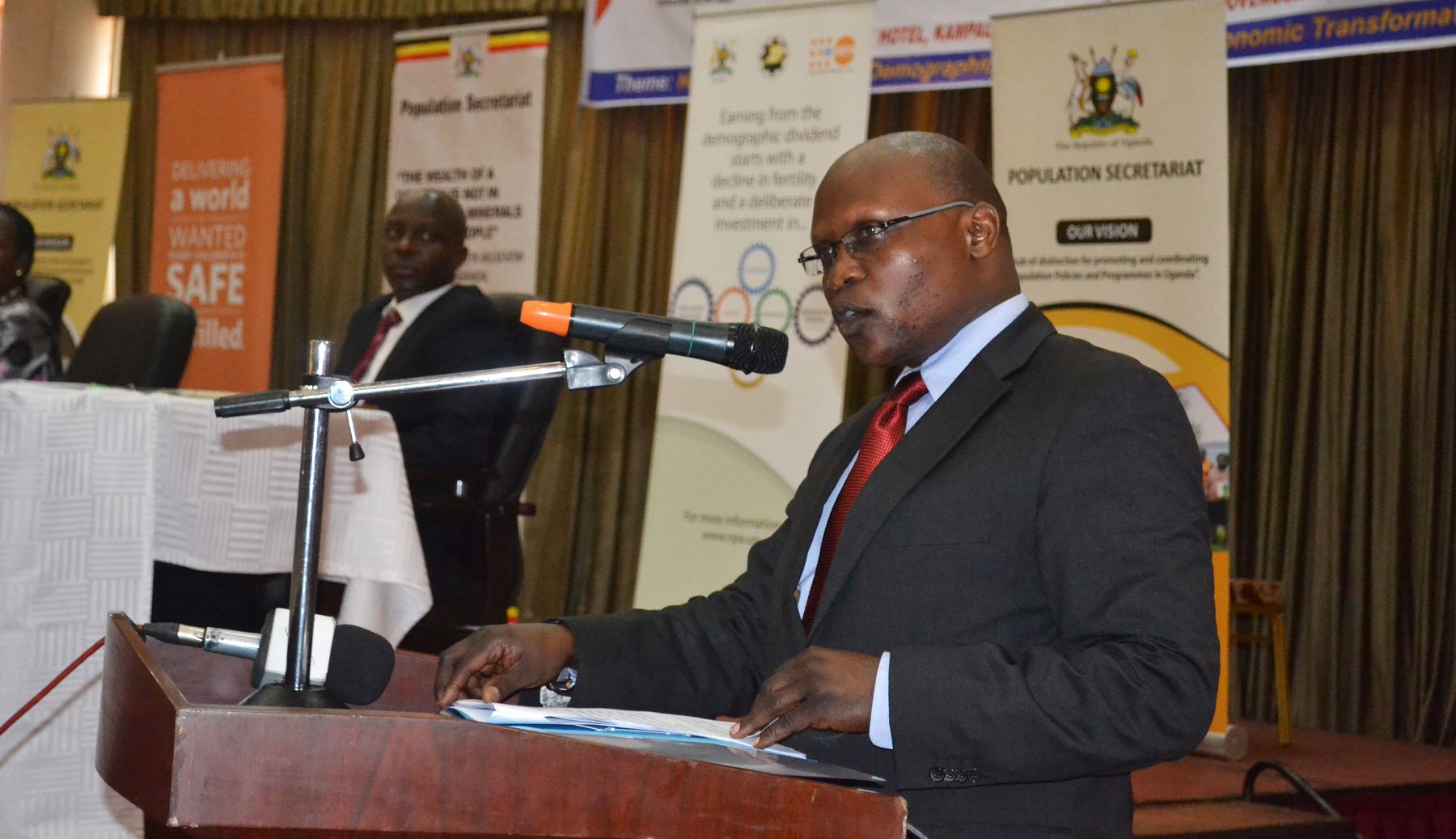
© UNFPA/Ollivier Girard
Goal 2. End hunger, achieve food security and improved nutrition, and promote sustainable agriculture
The effects of hunger do not go away after a meal is served. Chronic poor nutrition has lasting effects, and can even extend into the next generation. Pregnant women who are nutritionally depleted may face complications in pregnancy, and can pass the ill-effects of hunger onto their future children.
UNFPA trains and supports midwives, health workers and health systems that address the nutritional needs of pregnant women and girls. At antenatal visits, which are often a woman's first introduction to the health system, expectant mothers receiving counselling on proper nutrition. UNFPA-supported waiting homes also serve nutritious meals to pregnant women while they await delivery.
See more: More Bangladeshi Mothers Get Vital Care During Childbirth, New Jobs and Livelihoods Get Fistula Survivors on their Feet, The wait is over for safe births in rural Cambodia

© Nicolas Axelrod/Ruom for UNFPA
Goal 3. Ensure healthy lives and promote well-being for all at all ages
This goal calls for achieving universal access to sexual and reproductive health care, reducing global maternal death rates, and ending the AIDS epidemic by 2030. Reproductive health problems are a leading cause of ill health and death for women and girls of childbearing age in developing countries.
Impoverished women suffer disproportionately from unintended pregnancies, unsafe abortion, maternal death and disability, sexually transmitted infections (STIs), and related problems. Young people are also extremely vulnerable, facing disproportionately high HIV rates as well as barriers to reproductive health information and care.
UNFPA is the lead UN agency in promoting sexual and reproductive health, including family planning, comprehensive sexuality education and maternal health services. UNFPA works with partners to strengthen health systems, including through the training of midwives, who – when properly trained – could avert two thirdsof maternal and neonatal deaths. UNFPA also supports the integration of HIV-prevention and treatment programmes into sexual and reproductive health care, so it is as readily available as possible.
See more: Health camps bring life-saving care to disaster survivors, Banishing Ethiopia’s ‘mother stealer’, Family planning helps refugees put their families, futures first
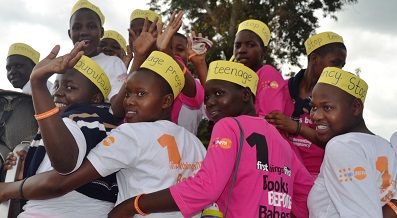
© UNFPA Cote d'Ivoire
Goal 4. Ensure inclusive and quality education for all and promote lifelong learning
Some 103 million young people around the world lack basic literacy skills; more than 60 per cent of them are women. Additionally, research shows that a majority of young people lack sufficient knowledge about their sexual and reproductive health, leaving them vulnerable to sexually transmitted infections, adolescent pregnancy and a host of other concerns.
UNFPA works with governments to promote gender equality as well as investments in education and opportunities for young people. UNFPA also supports programmes that teach literacy, numeracy, human rights and life skills to vulnerable adolescent girls, and helps to develop and implement comprehensive sexuality education, which teaches young people about their bodies, health and disease prevention.
Equipping women and girls with the ability to choose the timing and number of their children also helps them stay in school.
See more: Sexuality education comes to Kyrgyzstan, Universal quality education impossible without upholding girls’ and young people’s rights, In Niger, empowering girls to take a stand against child marriage

© UNFPA Guatemala
Goal 5. Achieve gender equality and empower all women and girls
Women are much more likely than men to be impoverished, deprived of education and opportunities, and victimized by sexual and domestic violence. Goal 5 calls for the elimination of all forms of violence against women and girls, the end of all forms of gender-based discrimination, and the elimination of harmful practices such as child marriage and female genital mutilation (FGM). It also calls for ensuring universal access to sexual and reproductive health and reproductive rights.
UNFPA supports policies and programmes that promote gender equality at all levels – from villages and schools to whole countries. UNFPA also collaborates with partners around the world to eliminate child marriageand FGM, practices that violate girls’ rights and perpetuate inequalities. And UNFPA works closely with partners – including men and boys themselves – to fight the global epidemic of gender-based violence.
UNFPA leads the UN’s efforts in promoting access to sexual and reproductive health and reproductive rights, including through strengthening health systems, training midwives, improving education about sexual and reproductive health, and supporting health services in many of the most deprived places on earth.
See more: Stemming the tide of violence: From abuser to reformer, Gender equality guaranteed in Tunisia's new constitution, Gender equality key to ending dangerous and discriminatory practices, Madagascar sees a new generation of women leaders
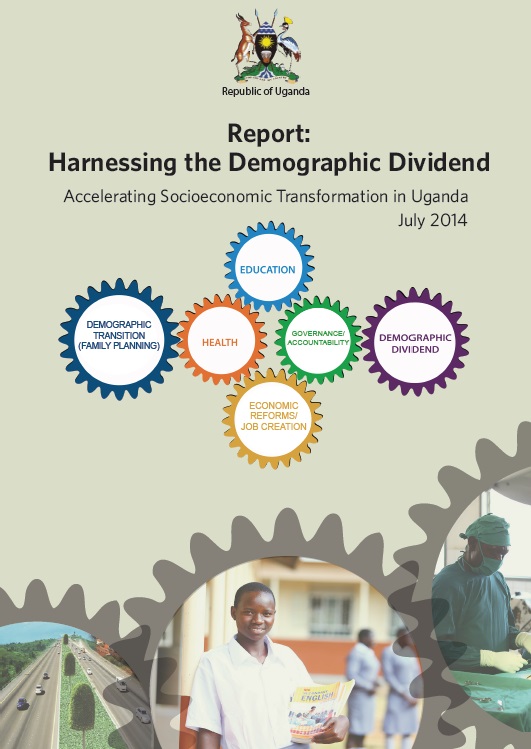
© UNFPA/Millat Horiria
Goal 6. Ensure access to water and sanitation for all
Each year, millions of people die – and many more are sickened – from diseases associated with poor water, sanitation and hygiene. These needs can be especially acute in emergencies, where the specific hygiene needs of women and girls are often overlooked.
UNFPA distributes 'dignity kits' in disaster- and conflict-affected communities. These kits contain menstrual pads, soap, underwear, and other essential supplies to help women and girls maintain their health, hygiene and sense of dignity, even under grave circumstances.
See more: Dignity kits meet hygiene needs of displaced women and girls in Iraq, UNFPA Turkey Provides Hygiene Kits to Syrian Refugees, Flooding in the Balkans leaves stagnant water, hygiene needs
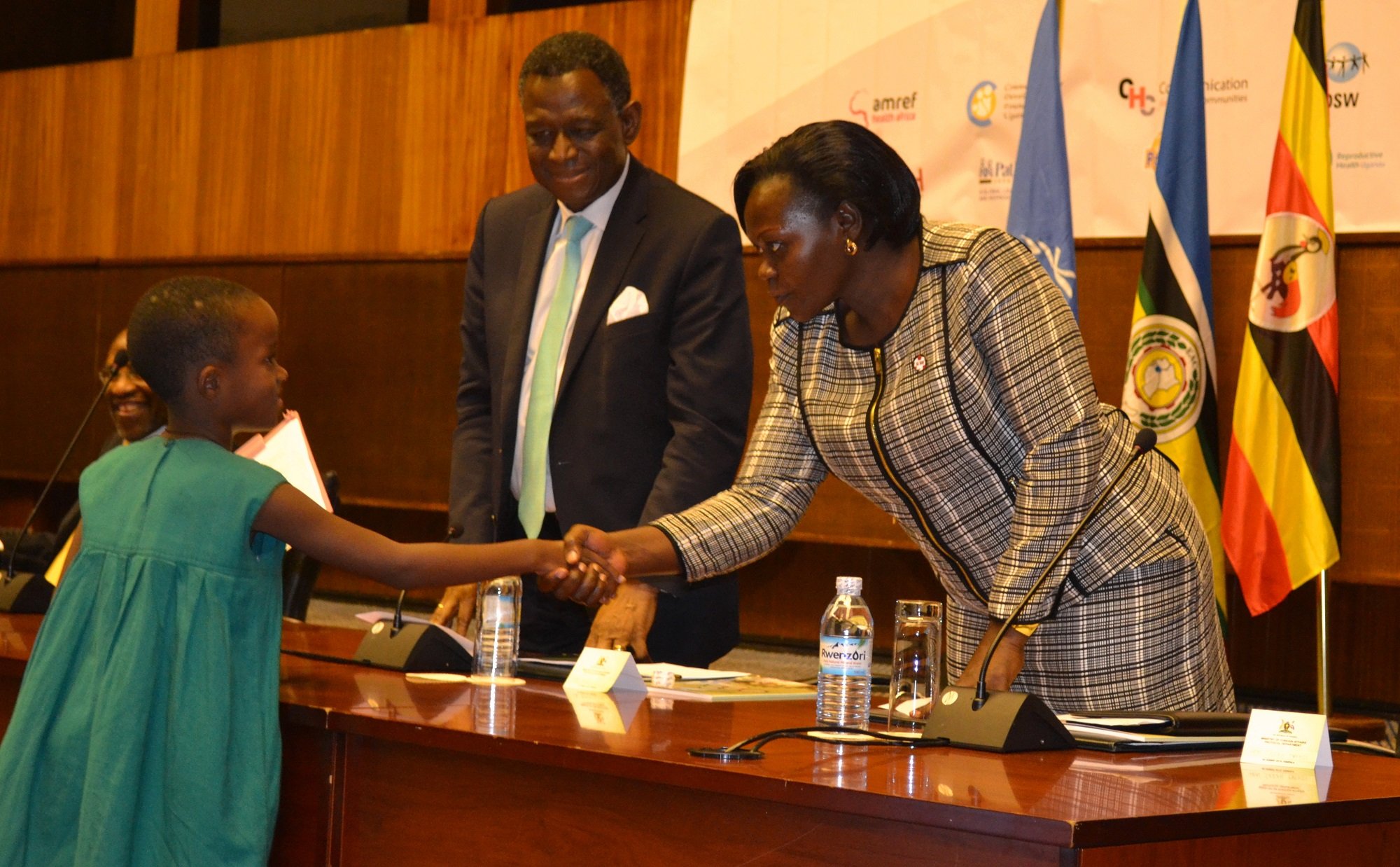
© UNFPA Benin/Ollivier Girard
Goal 8. Promote inclusive and sustainable economic growth, employment, and decent work for all
Around the world, young people are struggling under a lack of decent work opportunities and insufficient investments. Yet the potential of this generation of youth is unprecedented: There are more young people in the world than ever before. Coupled with declining fertility rates in many parts of the world, many developing countries have a rare opportunity to recognize a ‘demographic dividend’ – a boost in economic productivity that occurs when there are growing numbers of people in the workforce relative to the number of dependents..
But to make the most of this opportunity, countries must encourage decent employment, invest in education, and ensure access to adequate nutrition and health services, including sexual and reproductive health care. UNFPA is working with partners, including civil society, communities and governments, to encourage policies that can help countries realize a demographic dividend.
See more: Youth empowerment, education, employment key to future development, School campaign aims to help Côte d’Ivoire reap demographic dividend
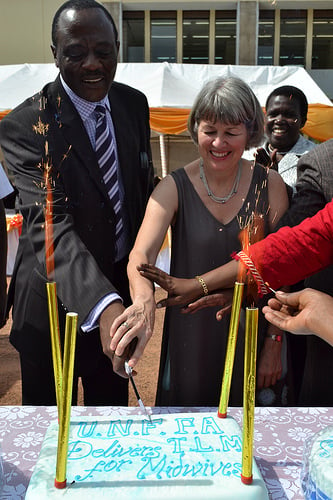
© UNFPA Indonesia/Sandra Siagian
Goal 10. Reduce inequality within and among countries
Economic growth will not be sufficient to reduce poverty if it is not inclusive. Yet by some measures, inequality is growing, and there remain large disparities in people’s access to health and education services.
UNFPA works to reach marginalized people and communities, especially those who have been left behind by economic growth and development. This includes vulnerable women and girls, those living with disabilities and indigenous communities. UNFPA’s efforts include extending health services to those out of reach, supporting programmes that promote gender equality, advocating for an end to gender-based discrimination and violence, and addressing the needs of vulnerable migrants.
See more: New birthing facility provides culturally sensitive maternal care for indigenous women in the Philippines, Indigenous Girls in Guatemala Break the Cycle of Poverty, After months adrift at sea, migrants receive critical care in Indonesia, “I have value”: Brave polio survivor overcomes every obstacle
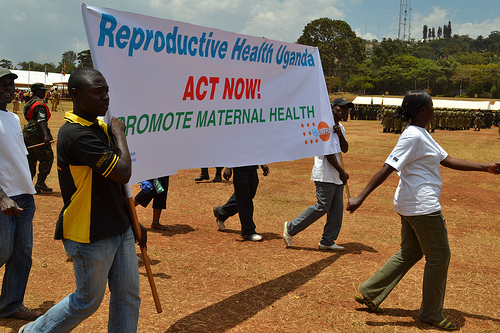
© UN Photo/Kibae Park
Goal 11. Make cities inclusive, safe, resilient and sustainable
More than half the global population lives in cities, and the numbers of urban residents are only growing. Cities offer the promise of education, jobs, and health and social services, yet too many people are unable to access these benefits. Many urban residents live in slums and contend with extreme poverty and exclusion.
UNFPA works with partners to promote inclusive urbanization, including by improving access to health care and opportunities in urban slums. UNFPA also advocates for the welfare and sustainability of urbanizing communities, and helps gather data about their needs.
See more: Holding out a hand: Youth-to-youth initiative making a difference in Mongolia, Family Planning in Kenya: Not For Women Only, In the Slums of Cairo, Home is a Roof Over Your Head
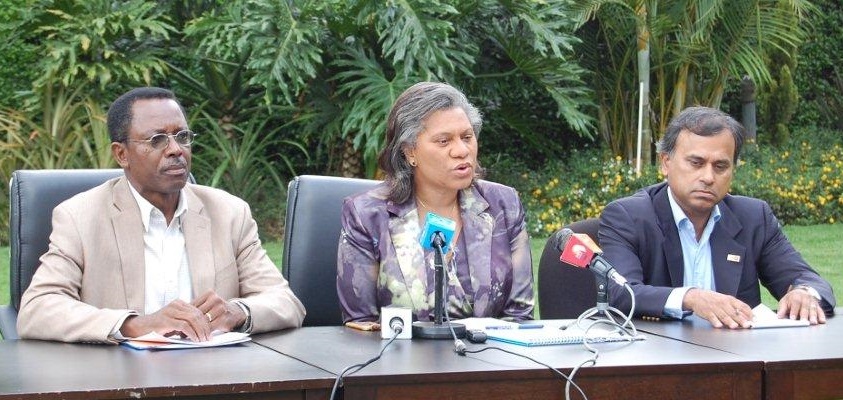
© UNFPA Pakistan/Stenly Sajow
Goal 13. Take urgent action to combat climate change and its impacts
Climate change affects every country in the world – from extreme weather events and changing weather patterns to the rising sea level and disrupted national economies. These effects will only grow worse with time. Urgent action is needed to reduce greenhouse gas emissions and to mitigate and adapt to climate change's impacts.
UNFPA is working with governments to better understand how population dynamics affect the changing climate and how people can become resilience in the face of these changes. With partners, UNFPA has developed Demographic Exploration for Climate Adaptation (DECA), which helps policymakers see where vulnerable populations are and what hazards they might face. This information can form the basis of policies for planning more sustainable infrastructure and reducing disaster risks.
UNFPA also helps address the humanitarian consequences of climate change.
See more: UNFPA programme to help turn climate information into action
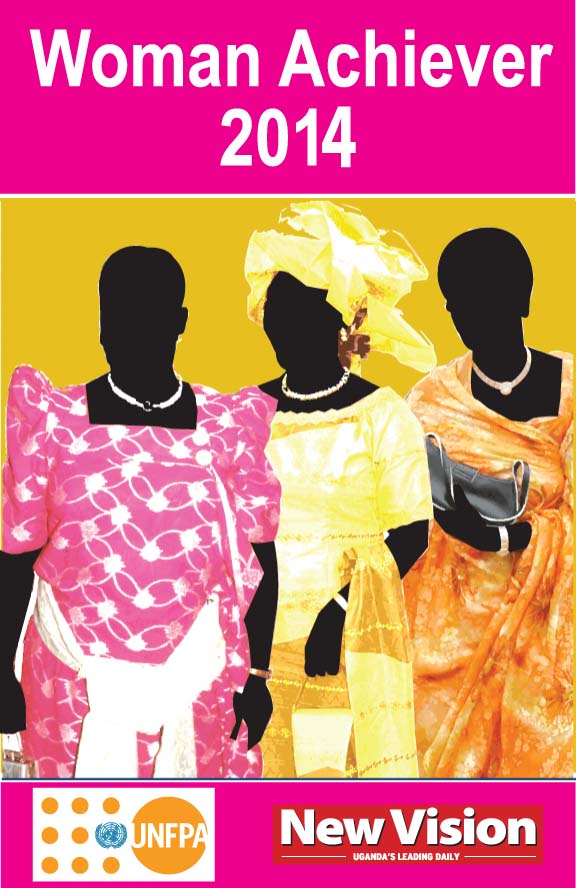
©UNFPA/Pilirani Semu-Banda
Goal 16. Promote just, peaceful and inclusive societies
Justice and the rule of law are essential for development. Yet for too many people, justice is out of reach. This is especially true in emergency situations, where people’s vulnerability to violence – including sexual violence – increases.
UNFPA helps to strengthen policies and services for survivors of violence. For instance, UNFPA works with police and judges in many countries to strengthen services for survivors of gender-based violence and to improve women’s and girls’ access to justice.
See more: Finding justice for survivors of gender-based violence in Somalia, The women of Amak: Justice for rural survivors of gender-based violence, Working with Police in South Sudan to Assist Survivors of Gender-Based Violence
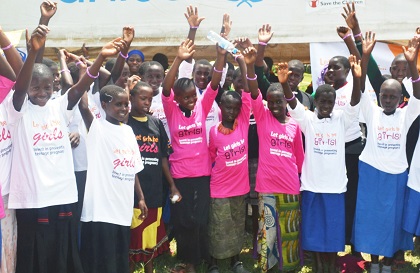
© UNFPA/Lorenzo Tugnoli
Goal 17. Revitalize the global partnership for sustainable development
Achieving the Sustainable Development Goals will require partnerships between governments, the private sector and civil society. These partnerships must be built on a shared vision and understanding of the world. Goal 17 calls for increasing “the availability of high-quality, timely and reliable data.”
UNFPA plays a key role in supporting censuses, demographic and health surveys, and other large-scale data-gathering exercises, and provides technical support for the analysis and dissemination of the information generated.
- See more at the UNFPA Global Website: http://www.unfpa.org/sdg#SDG

